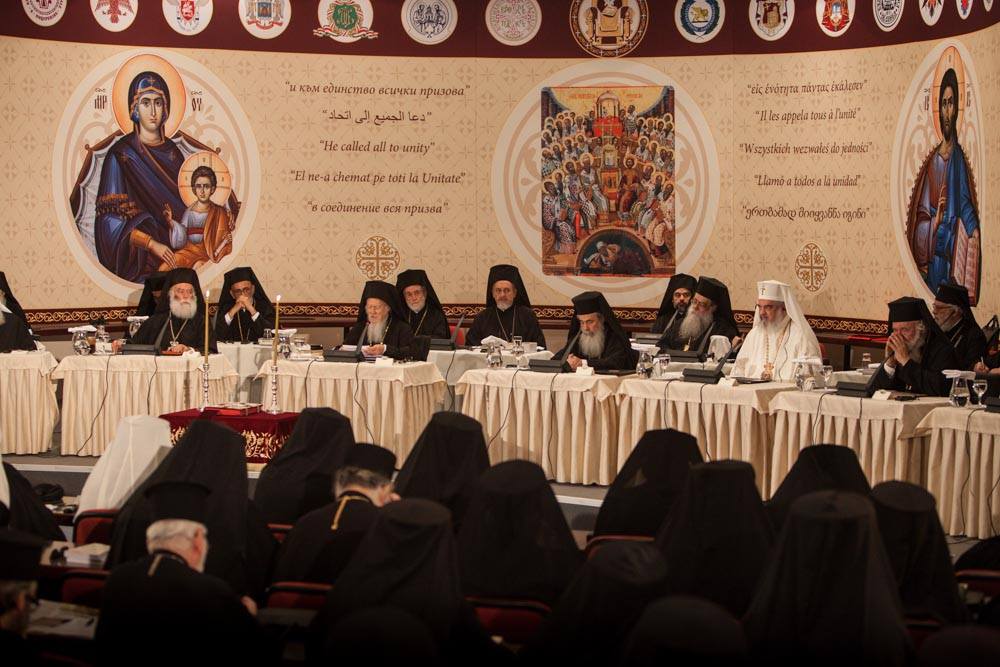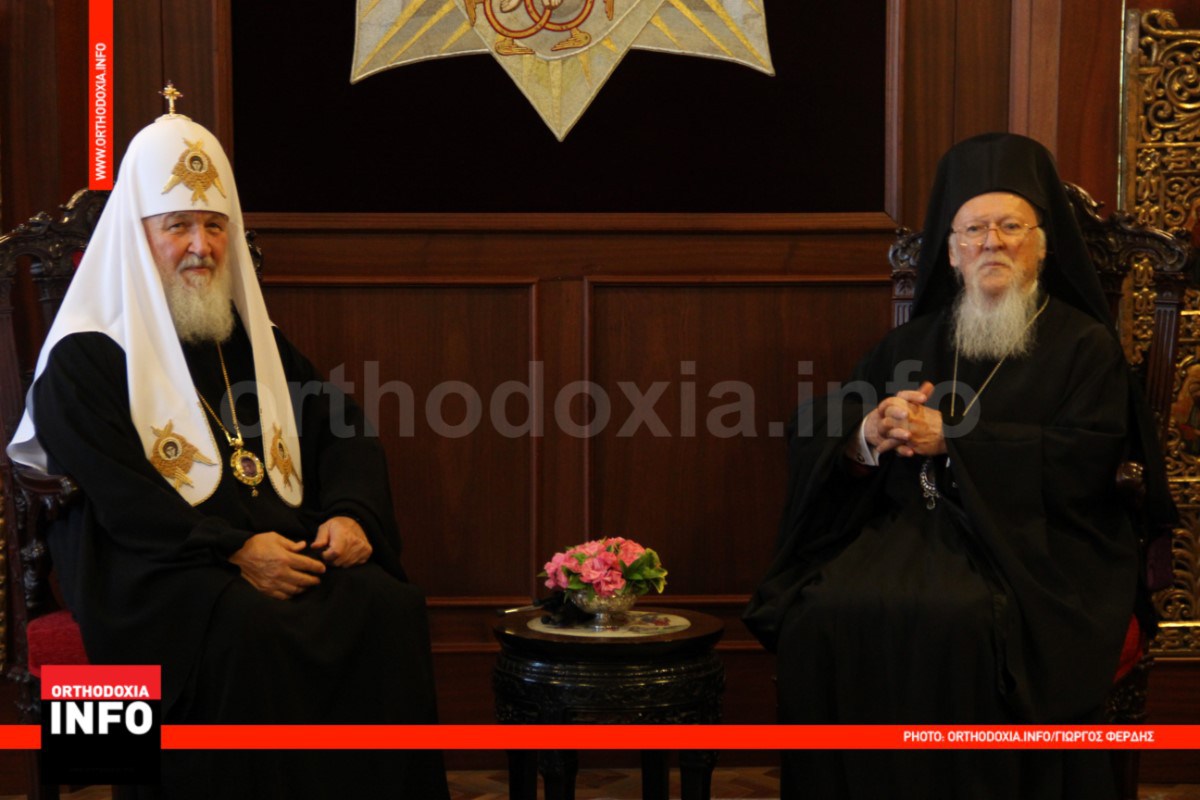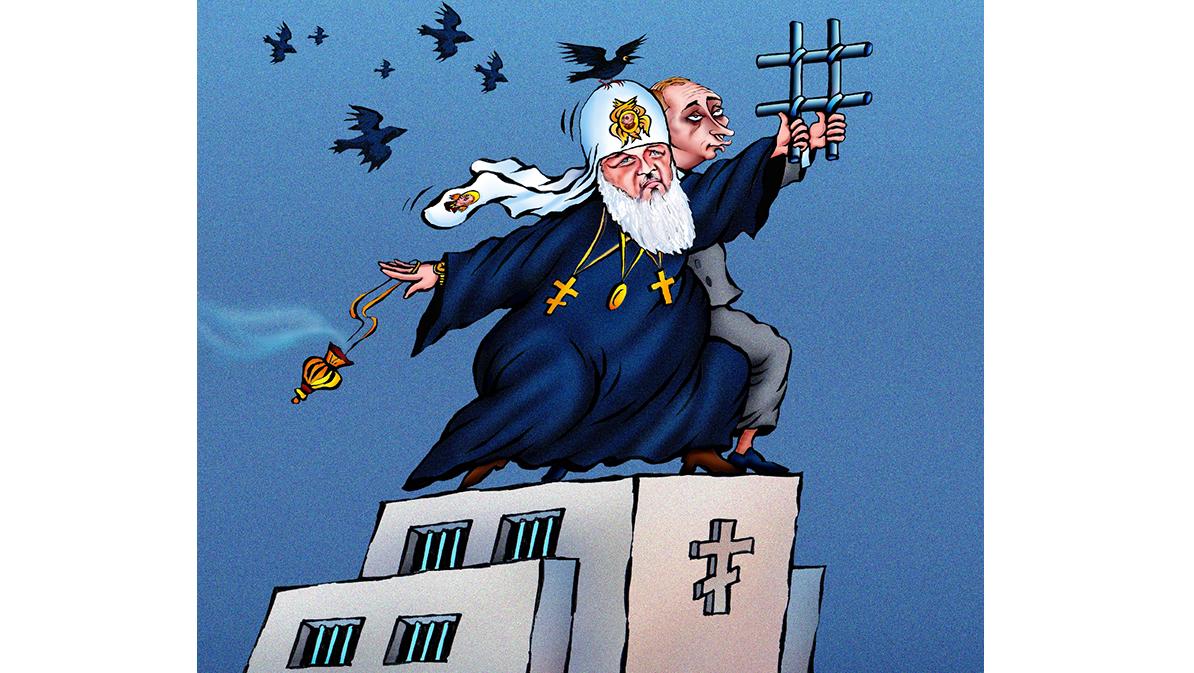The upcoming meeting of Moscow Patriarch Kirill with Pope Francis in Cuba is not only a major boost for the status of the Russian Orthodox Church, suggesting as it does that Moscow somehow represents all Orthodox as Rome represents all Roman Catholics.

It is also another distraction from the horrific behavior of the Russian state in Ukraine and Syria, behavior aided and abetted by the Moscow Patriarchate; and for these reasons alone, it represents a major breakthrough for Moscow even if it doesn’t lead to any broader contacts, something many in the Russian church itself oppose.
But as Russian nationalist commentator Yegor Kholmogorov points out, the most immediately important goal of this meeting of the Third Rome as Moscow styles itself with the leader of the First Rome is to oppose two policies of the Second Rome, Constantinople or more broadly Türkiye:
- On the one hand, Kirill wants to secure the support of Francis for doing more to protect Christians in the Middle East, a means of checkmating Türkiye’s role in Syria and elsewhere.
- And on the other, Kirill wants Francis to refrain from any support of an independent Orthodox church in Ukraine, something the Ecumenical Patriarch Bartholomew of Constantinople has been considering.
Moscow’s efforts to develop and exploit relations with the Vatican have faced numerous obstacles in the past: Catholic hostility to communism, Polish Pope John Paul II’s opposition to Moscow’s hegemony in Eastern Europe, and problems within Catholicism which blocked Benedict XVI from engaging in active diplomacy.
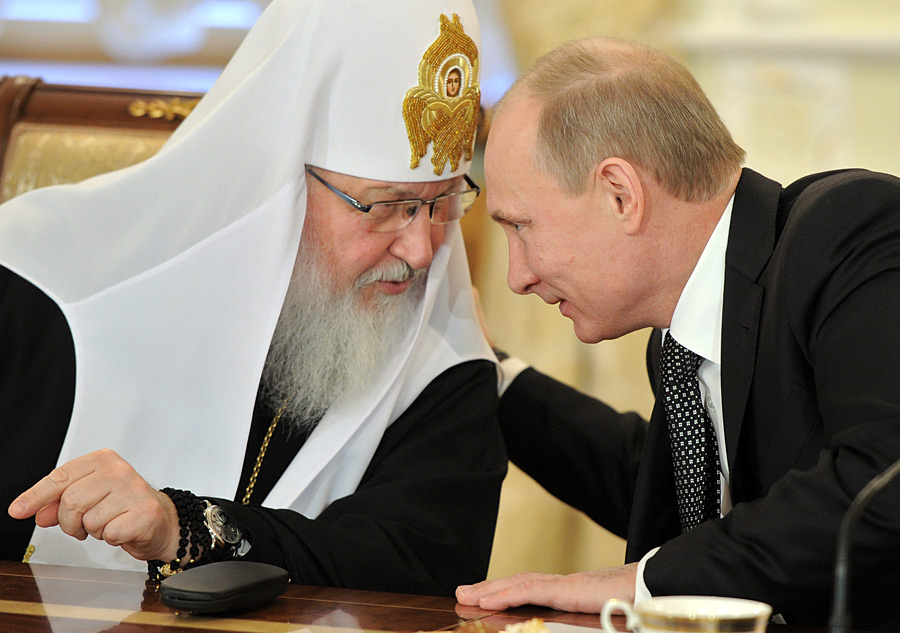
According to Kholmogorov, “the new pope represents a paradoxical mixture of traditionalism and renewal, is an energetic diplomat and what is especially important is a representative of the new main region of Catholicism, Latin America.” Because he is a traditionalist, he is not as distant from Orthodoxy on many issues; and because he is a modernist, he is not as obsessed with doctrinal distinctions as his predecessors.
That means that “the way for diplomatic dialogue, not of uniatism or concessions on matters of faith but cooperation on questions which trouble Christians of the entire world,” Kholmogorov continues. The main one of these today is the war against Christians in the Middle East, a war that he says continues where they are not protected by the Russian air force.
Patriarch Kirill clearly hopes to get Pope Francis’ support on this, something that would undercut not only Türkiye but the West more generally. At the same time, he seeks to “obtain from the Vatican a guarantee at a minimum of neutrality in the war against the canonical Church in Ukraine” by pro-Kyiv “splitters.”
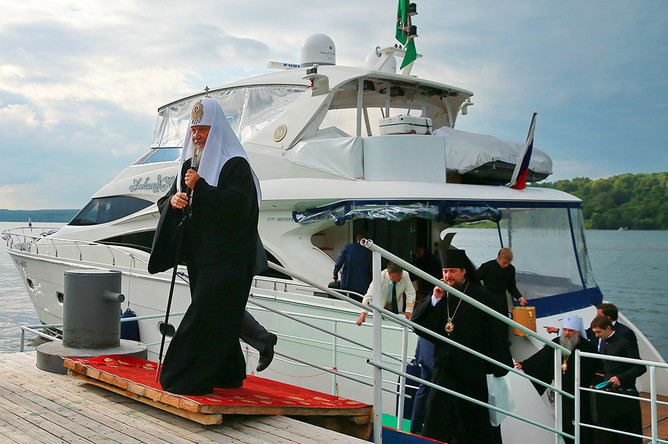
If the pope agrees to that, then the Uniates in Ukraine will remain neutral, and protecting “the status of canonical parishes in Ukraine will be made significantly easier.” More broadly, Kholmogorov says, Kirill hopes to use this meeting to boost his status as “the undoubted leader of the Orthodox world” and thus eclipse the Ecumenical Patriarch Bartholomew of Constantinople, who is “absolutely Western-oriented, pro-American and at the same time pro-Turkish.”
“The tragedy in the sky over Syria, where [a Russian] bomber whose mission included the defense of Syrian Christians was shot down has had providential significance,” he says, forcing the upcoming All-Orthodox assembly to be shifted from Istanbul where the Ecumenical Patriarch is strong to Crete where he has less influence.
At the Cuba meeting, Kholmogorov says, Kirill will certainly suggest to Francis that the Vatican “deal with the Orthodox world not through the insignificant although aggression” Ecumenical Patriarch but rather by means of “immediate conversation with Moscow, the largest of the Orthodox churches of the world which operates on the unqualified authority and sincere symphony with Great Russia.”
“Now,” the Russian nationalist commentator says, “the Vatican represents a lesser threat” than does Istanbul because were the All-Orthodox assembly to take decisions “against the Russian church, that would inflict “much greater harm on Orthodoxy than any diplomacy with Rome.”
Related:
- Ukrainian Orthodox Church Kyiv Patriarchate in Crimea evicted from Cathedral
- Moscow Patriarchate losing parishes to Kyiv church and its dominance of Ukraine’s religious life
- The Russian Orthodox Church of the Moscow Patriarchate resembles the CPSU of Soviet times
- Moscow Patriarchate beefs up its staff for hybrid operations against Ukraine
- All confessions gather to pray for peace in Ukraine… except Moscow Patriarchate
- Is the Moscow Patriarchate Russia’s agent in Ukraine?


